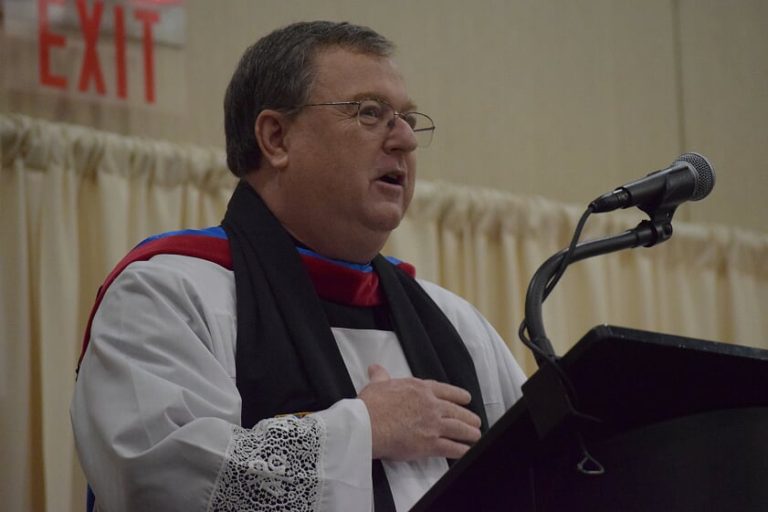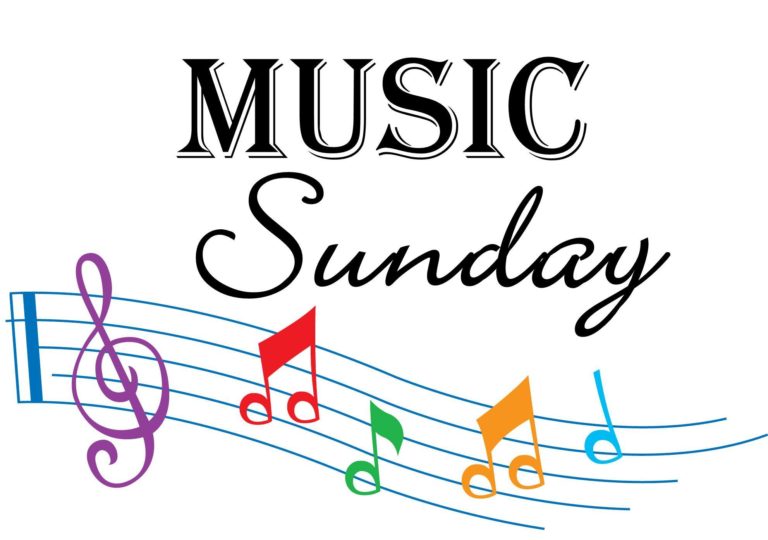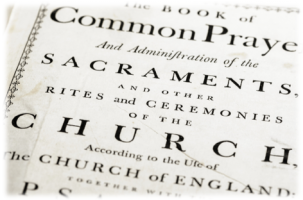The Messiah has Come and We have the Wine to Prove it
Jesus’ Miracle at Cana, where He turns the water into wine, is an invitation to see who He is, what He is about, and how we can believe on Him as the Messiah. Last week we saw how part of the epiphany our Prayer Book wants us to have about Jesus is that He has come to lead His people in a New Exodus, and this week we are shown that this Exodus is out of the Old Age and into the New. For, in Jesus’ first miracle of turning water into wine, He is manifested as none other than the Messiah come to redeem His people and to inaugurate the Messianic age where all the Old Testament promises would finally be fulfilled.
Now, I know, I can hear you thinking, “Really? Because He turned water into wine?” And I say, “Yes.” To start, think back with me to the prophesy about the ruler who was to come through the tribe of Judah in Genesis 49:10-11: not only would he be the one to rule Israel like a lion but when He did, there would be such an abundance of grapes that He would tether his donkey to a choice grape vine with little care to whether or not the donkey helped himself, and there would be such a surplus of wine that clothes would be washed in it. This prophesy is why passages like Amos 9:13-15 (cf.Isa.25:6-9; Jer.31:12; Hos.14:7) looked forward to the days when the “hills would flow with sweet wine,” because it meant the messiah had come.
But looking forward to those days was all they could do, because life was terrible in Jesus’ day. Only 2 of the 12 tribes had ever come back from exile; Rome governed the land instead of a Davidic king; and the glory of the LORD had never returned to the Temple. Thus, by the time Mary said, “They have no wine” (Jhn.2:3), the wedding party wasn’t the only group of people in Israel at wits end for joy and gladness (cf.Ps.104:14-15). To use the words of the theologian Don McLean, “the levy was dry,” last call had come; and unless Jesus intervened it would mean “Bye, Bye, Miss American Pie” (or the Jewish equivalent thereof).
Thus, when Mary comes to make Jesus aware of the wine shortage, the stage is set for him to intervene, and two things immediately stick out to us, even before Jesus produces the 100-150 gallons of wine: 1st His addressing Mary as “Woman,” and 2nd His need to distinguish “His Hour” from what He is about to do. The two go hand in hand.
First, Jesus’ referring to Mary as “Woman” is loaded with significance, not only because it shows a changing relationship between Jesus and His mother, but because it turns our minds to the original “woman” Eve. Jesus is setting us up to see Him as the promised seed of the “Woman” who had come to crush the serpent under His heel (cf.Gen.3:15). But not quite yet, and this brings us to the second point and why Jesus says, “My hour has not yet come.”
“Hour” is a key term for John’s Gospel (see 7:30; 8:20; 12:23,27), and by it Jesus is getting Mary, and us, to think about His intended mission and purpose for fulfilling the Father’s will. We ultimately learn that “His hour” is His death, burial, resurrection, and ascension (cf. 13:1; 17:1), by which He would crush the Serpent and his works under His feet, so then we are meant to ask, what does that “hour” have to do with Jesus’ providing wine? Everything.
Jesus shows those present that He is God’s means for leading an Exodus out of the Old cursed age into the blessing and joy of the New Messianic Age, and when the disciples saw the abundance of wine produced by Him, they knew that the scepter-bearing messiah who would come out of the tribe of Judah had come and they believed on Him. But this wedding-feast wine, although the best, was only a foretaste of things to come, since the ultimate hour of Jesus’ death, burial, resurrection, and ascension had not yet occurred. On this side of the Cross, we know this, but the disciples still had to learn how much it would cost the Bridegroom-of-their-souls to provide the wine for the greater wedding feast to come.
On the night in which He was betrayed He offered a different wine to his followers – the Cup of the New Covenant in His Blood that was shed for His people. So, we understand, and they soon would, that the joyful, abundant wine of the kingdom can be ours only through the shed blood of the lion of the tribe of Judah. Therefore, as we taste the wine of today’s feast may we too recognize Jesus to be the long promised Messiah when He miraculously transforms it, believe on Him, and look forward to the day when we will drink the wine of the Kingdom at the marriage supper of the lamb – to which we have all be invited.





